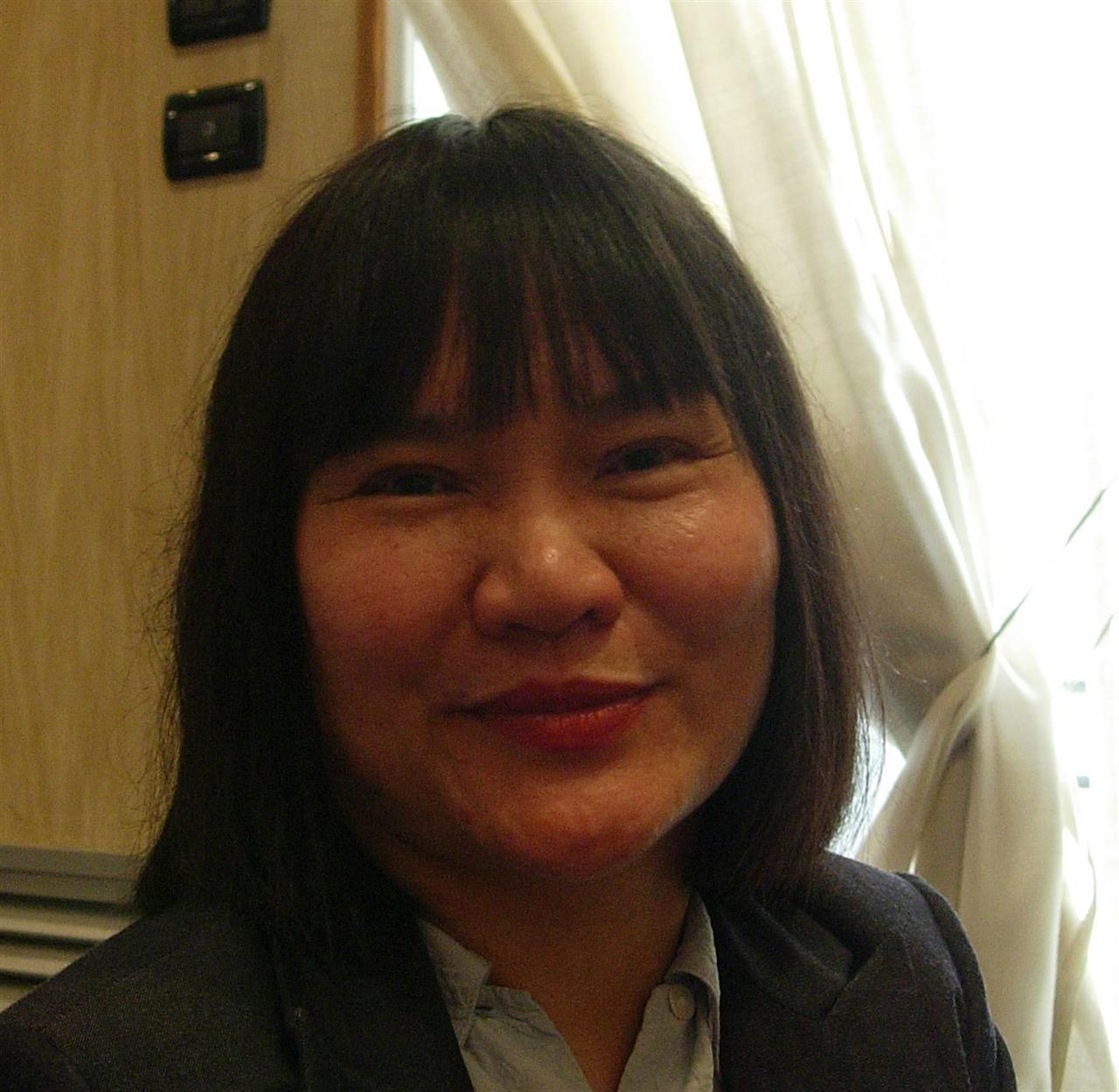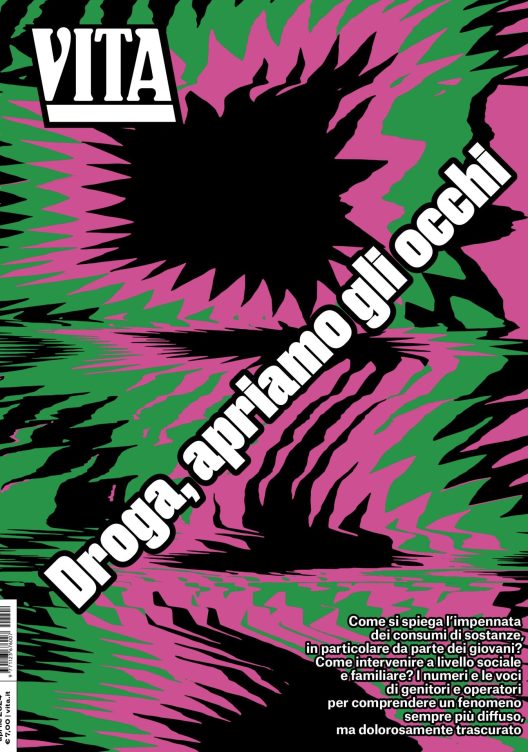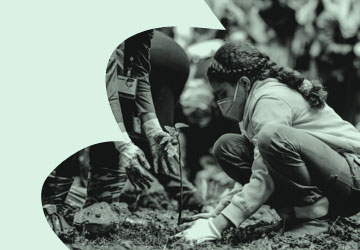Attivismo civico & Terzo settore
Ah Lian Kor: Strengths & weaknesses of Europe’s search for identity
Mose project partner Ah Lian Kor presents the results of her research on the third sector in Europe

Ah Lian Kor, a Post-doctoral Researcher at Leeds Metropolitan University is an expert in the evaluation of eGovernment systems, innovation systems and the investigation of how people interact with computer-based learning systems.One of her main roles within the Mose project has been to manage and draw up the results of the online questionnaires given to third sector managers and trainers in the 5 countries involved.
What are the third sector’s main strengths, according to your research?
Certainly the sector’s capacity to innovate is one of its greatest qualities. Civil society organisations tend to be deeply rooted in their communities, meaning they are in touch with the issues they deal with and this results not only in creative solutions to social problems but also in truly democratic forms of governance. At the same time their work is very much value based and being able to share these values with other organisations that share their same goals means there is a great potential for community building and support.
And the sector’s main weaknesses?
From this analysis it is clear that the managers of the European third sector lack training skills in several specific areas, in particular social marketing, fund raising and managerial concepts.
In your opinion, why has the sector fallen behind in these fields?
Part of the reason is that civil society organisations have not developed as part of a sector, as such. Rather it is made up of a large number of identities who have little understanding of being part of a larger whole. Also, there is no common communication system that connects them, so they remain isolated. Obviously one of the third sector’s most urgent challenges has always been financial, which has probably been the main cause of this tendency to lag behind.
What other challenges are there?
The greatest one, of course, is that of sourcing and training human resources – organisations tend to suffer greatly from having workers who do not have the tools to efficiently manage their projects. Which is why Mose is so important for European civil society.

